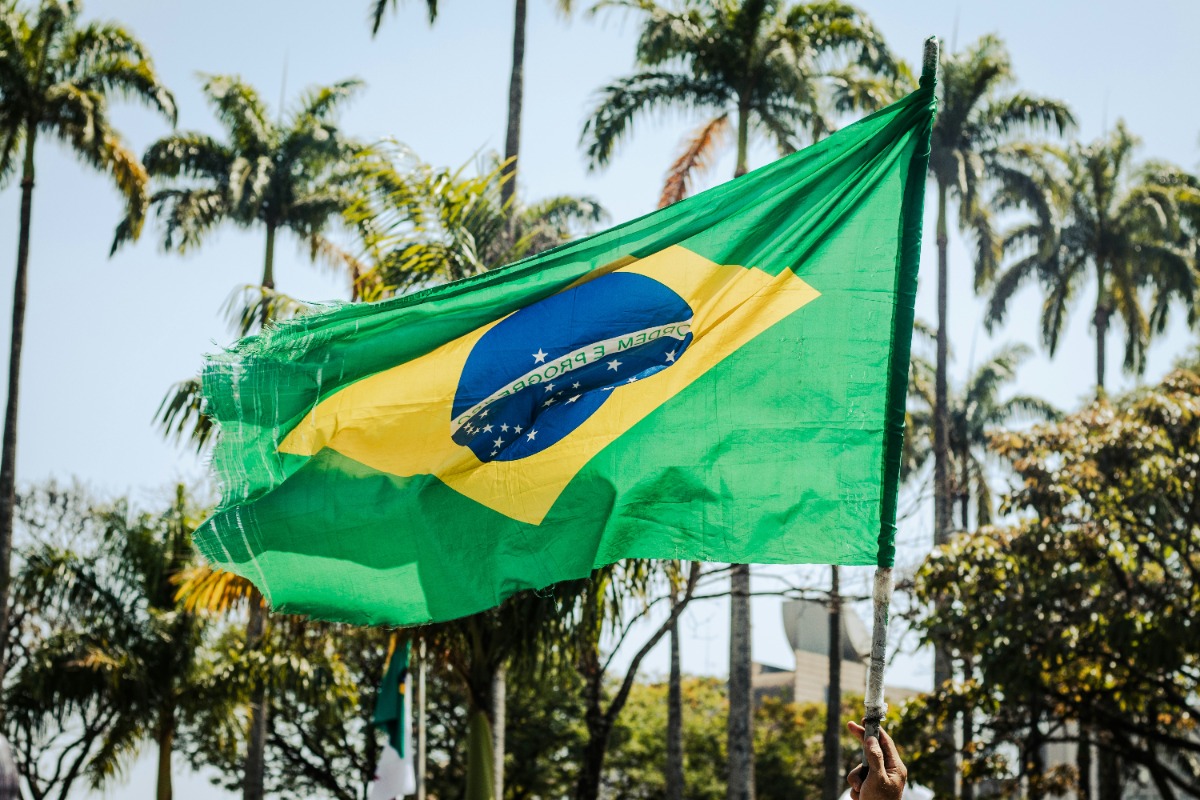
The legalisation of online gambling in Brazil has had a negative impact on consumers’ financial and mental health, a report by Santander’s corporate and investment bank arm has suggested. However it also cites conflicting data that suggests household finances are improving.
Released on 22 October, the report blames online gambling’s delayed and drawn-out legislation process for increased in betting in Brazil.
“This seven-year gap between the legalisation and the regulation of online gambling has led to untamed growth,” Santander said.
“According to several studies and surveys in Brazil and abroad mentioned in this report, online gambling sharply increased after legalisation. The impact on the population’s financial health has mostly been negative, especially among vulnerable households.”
As licensed online betting prepares to launch on 1 January 2025, it has faced backlash from public and private sector figures. The criticism seems to stem from one controversial study dating back to June. This suggests regular bettors have sacrificed money meant for food and medicine to wager.
Despite its small sample size (1,337 consumers polled) and controversial findings, the study, carried out by retail sector trade body Sociedade Brasileira de Varejo e Consumo (SBVC), received significant media coverage.
Since this was published, politicians have rallied for restrictions to be imposed or brought forward. This, they argue, is to protect vulnerable groups from spending too much on gambling.
This includes calls to bring forward the ban on using credit cards to gamble. There are also calls to prohibit those receiving financial welfare from betting at all.
The latest move is a bill to ban betting altogether, which was filed in the senate on 21 October. Brazil’s President Lula is expected to speak on these issues in the coming weeks, ahead of the market’s launch.
Conflicting data suggests household finances are better off in recent months
Santander singles out one Brazil Chamber of Foreign Trade (CNC) study, claiming 1.3 million people went into default due to online gambling in H1 this year. This means they failed to meet the terms of their loan.
Santander’s report refers to various other pieces of data from Brazil’s National Bank (BCB). These show a faster-than-market-average increase in non-earmarked (without a specific financial need in mind) personal loans taken out between January 2018 to July 2024 (140.4% vs 126.2%). However, this cannot be specifically connected to online gambling.
However, Santander says it is not sure whether the increase in online gambling has negatively impacted household financial health.
“Overall, based on data on Brazil financial system, signals are mixed. It is hard to conclude if the increase in online gambling has been harming household financial health so far. Even so, we note that the CNC released a study in September 2024 indicating that, in H1 24, 1.3 million people were in default due to online gambling,” it said.
Conflicting data reported by the bank notes that non-performing loans (those which are unlikely to be paid in full or face payment delays) have improved among low-income households. This data, it said, seems to reflect positive outcomes from low inflation, a healthy labour market and social benefits.
The bank expects betting net revenue in Brazil to account for 0.6%-2.1% of 2024 Gross Domestic Product (GDP). This, it said, will range from 1%-3.3% of household consumption in 2024.
However, when not taking into account player winnings, betting handle is expected to account for 0.2%-0.3% of Brazil’s 2024 estimated GDP and 0.3%-0.5% of all household consumption.
Legal tax revenues could partly offset financial impact of betting in Brazil
It expects the legal betting market’s launch to partially offset some of the damaging impact it says gambling has had on Brazil’s consumers as the government is projected to collect between R$3 billion and R$3.4 billion in tax revenue in 2024 and R$5 billion to R$10 billion in 2025.
The bank also references the SBVC’s study. It notes the vast majority of bettors belong to Brazil’s middle and upper middle classes (54% and 33% respectively). However, only 8% of its lower- or working-class society gamble via sports betting.
The bank said based on this data, it expects gambling to impact how much consumers are spending across retail, consumer goods, financial institutions, education and health care.
“Gambling seems more likely to impact discretionary services (leisure and entertainment) and goods (apparel, footwear and accessories) in lower-income brackets, especially among males,” the report said.